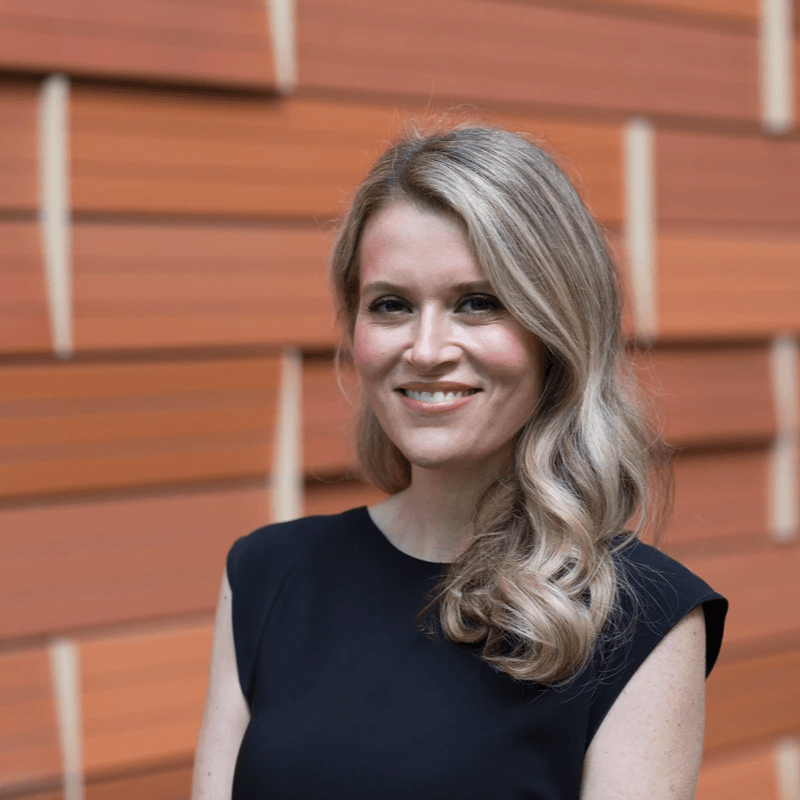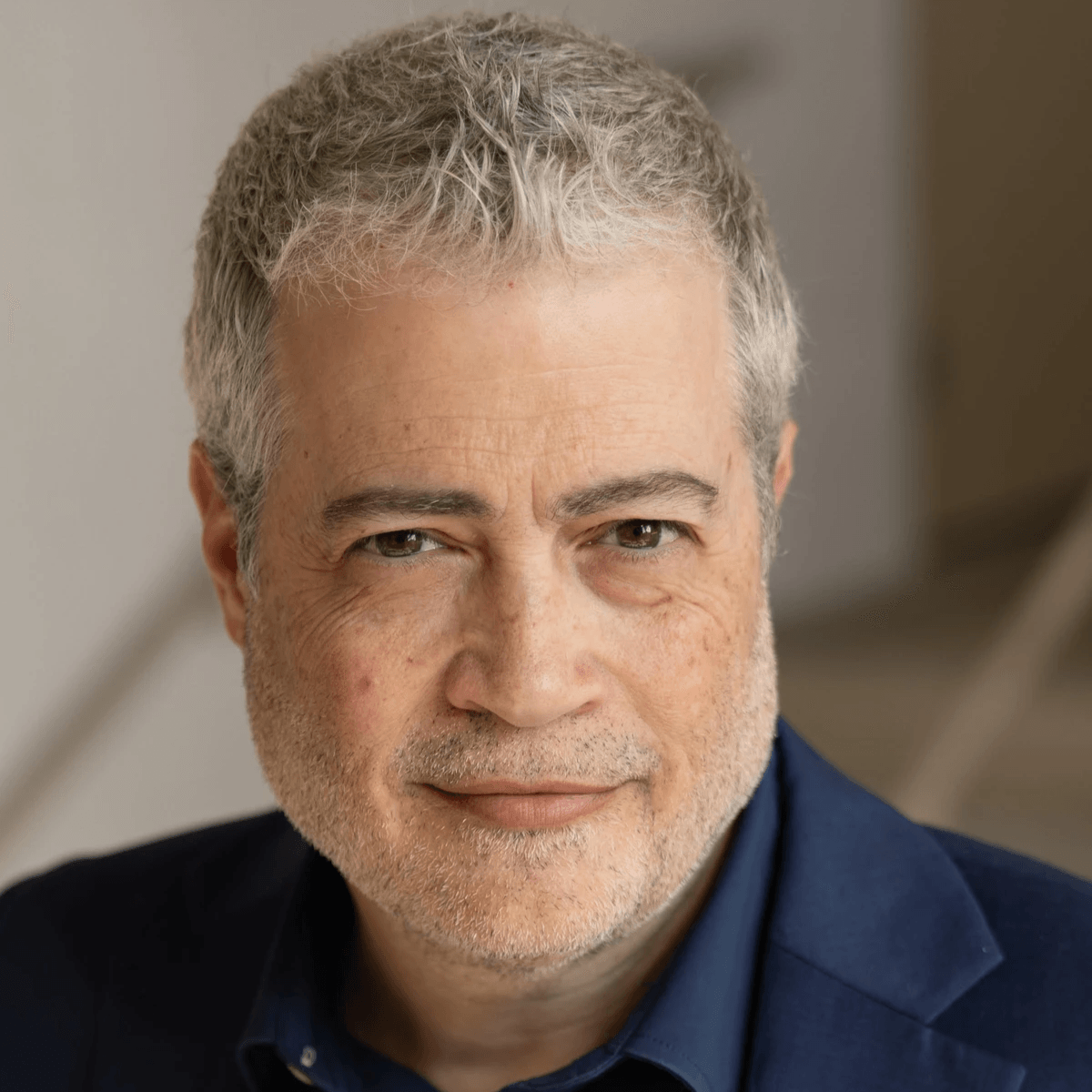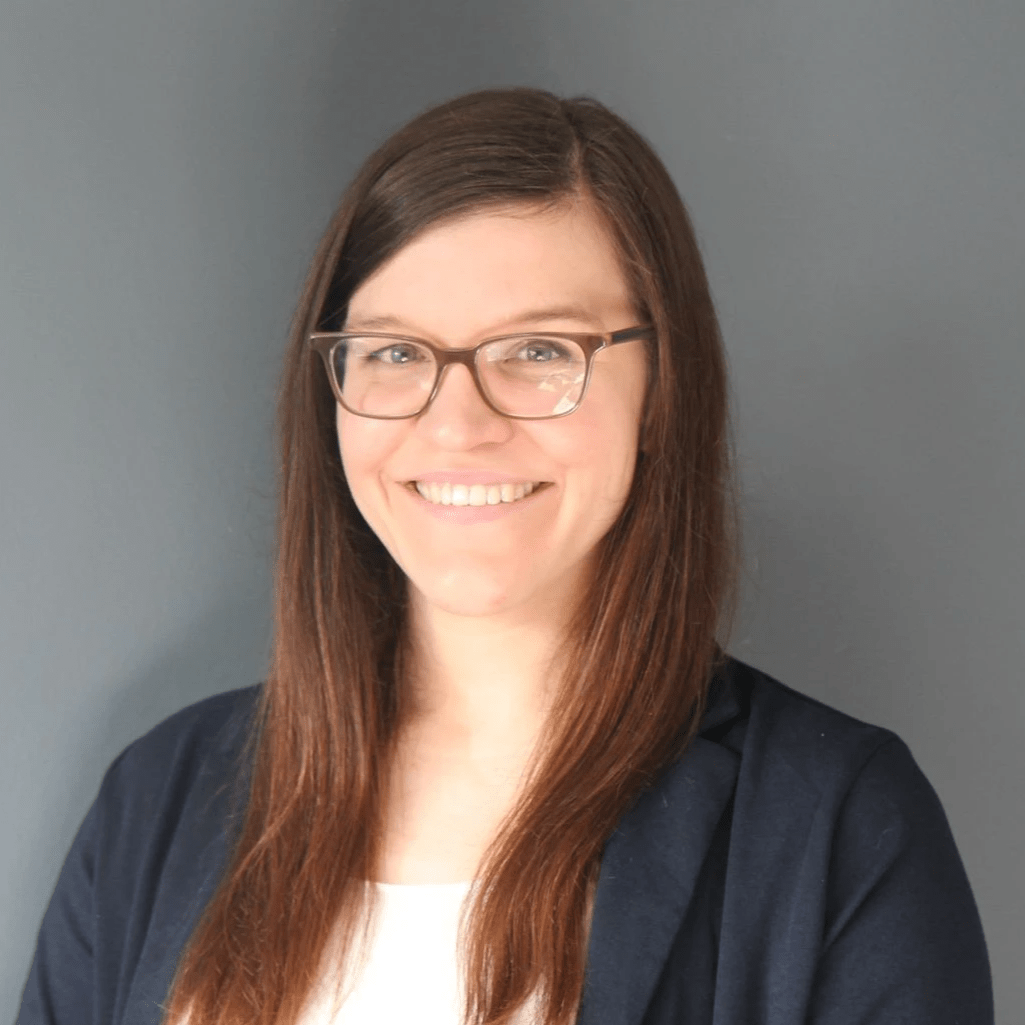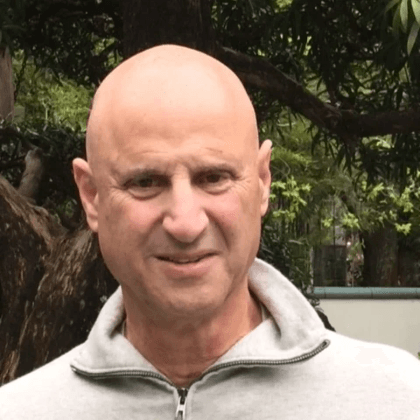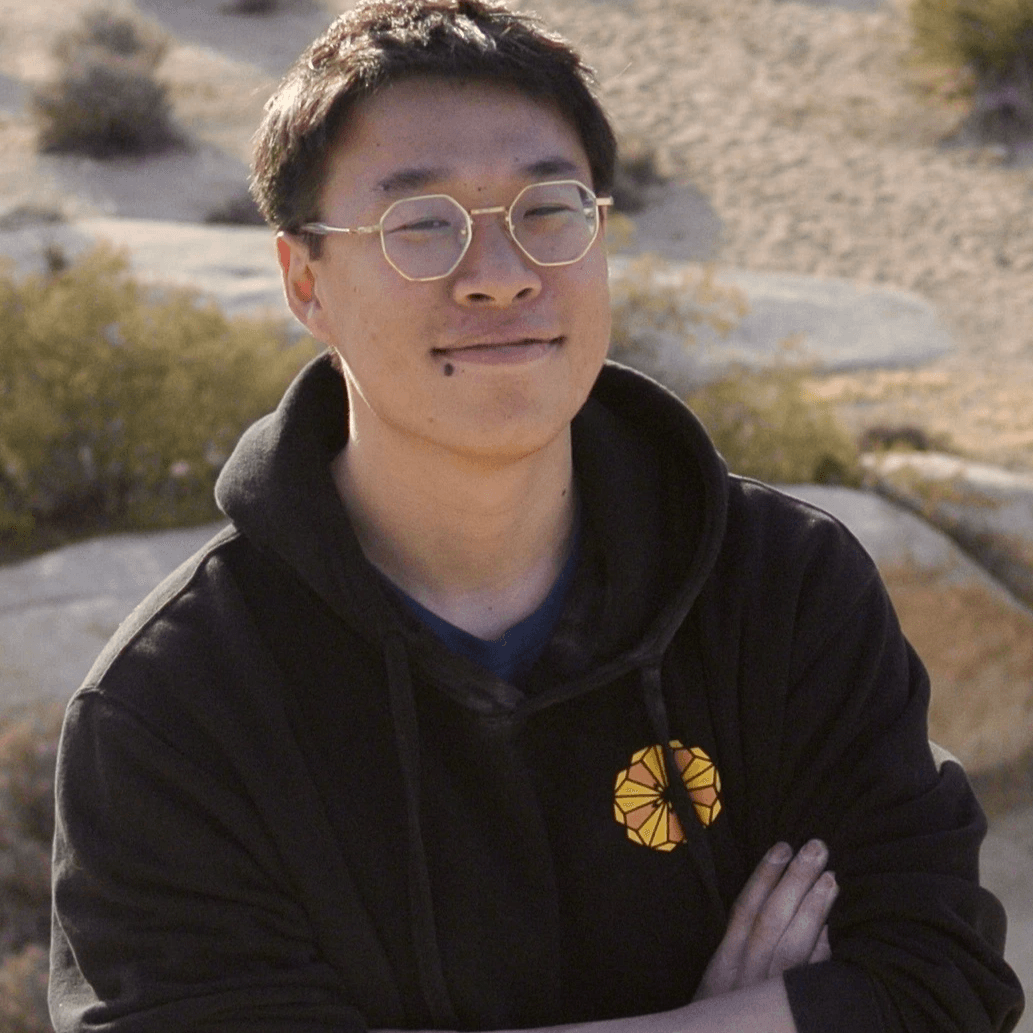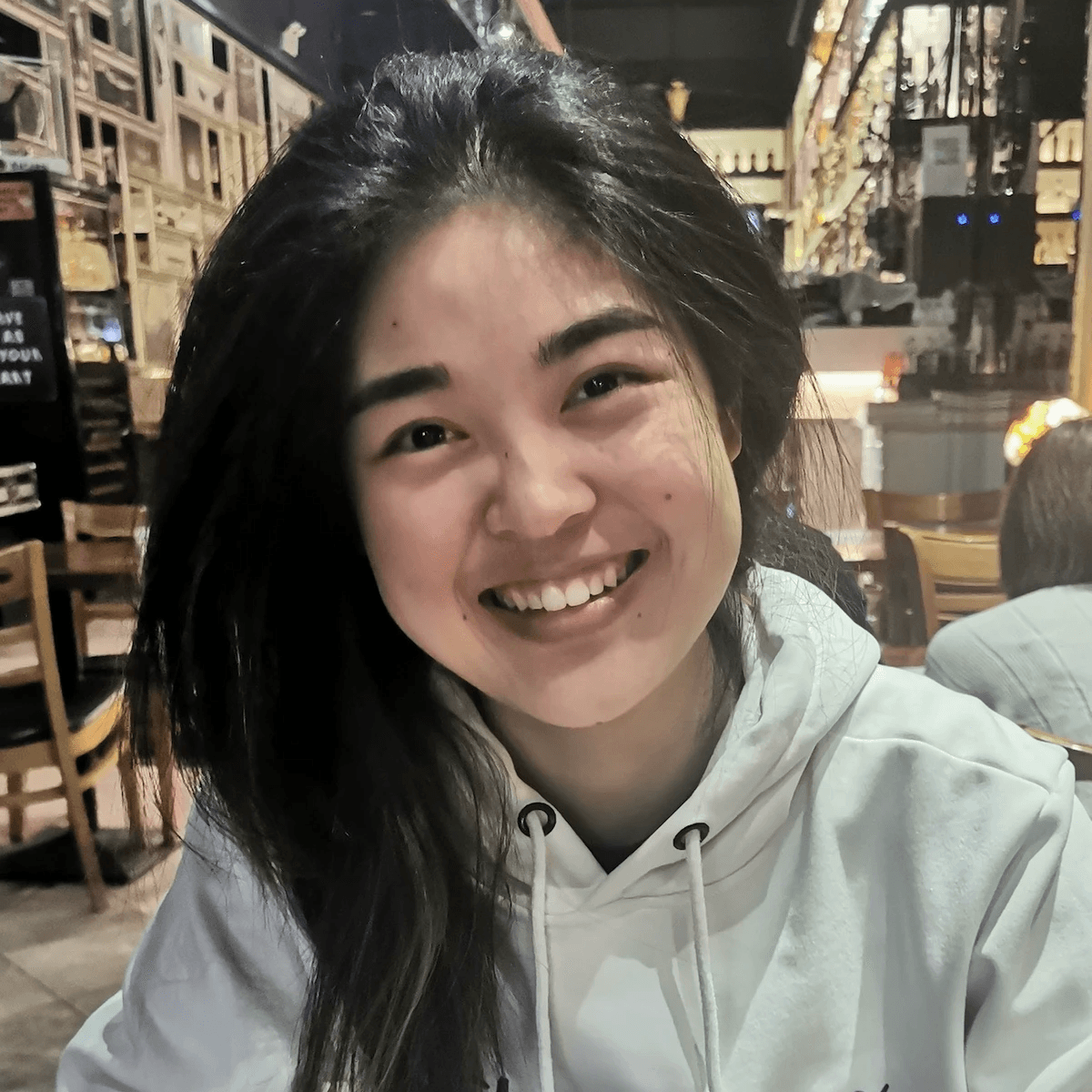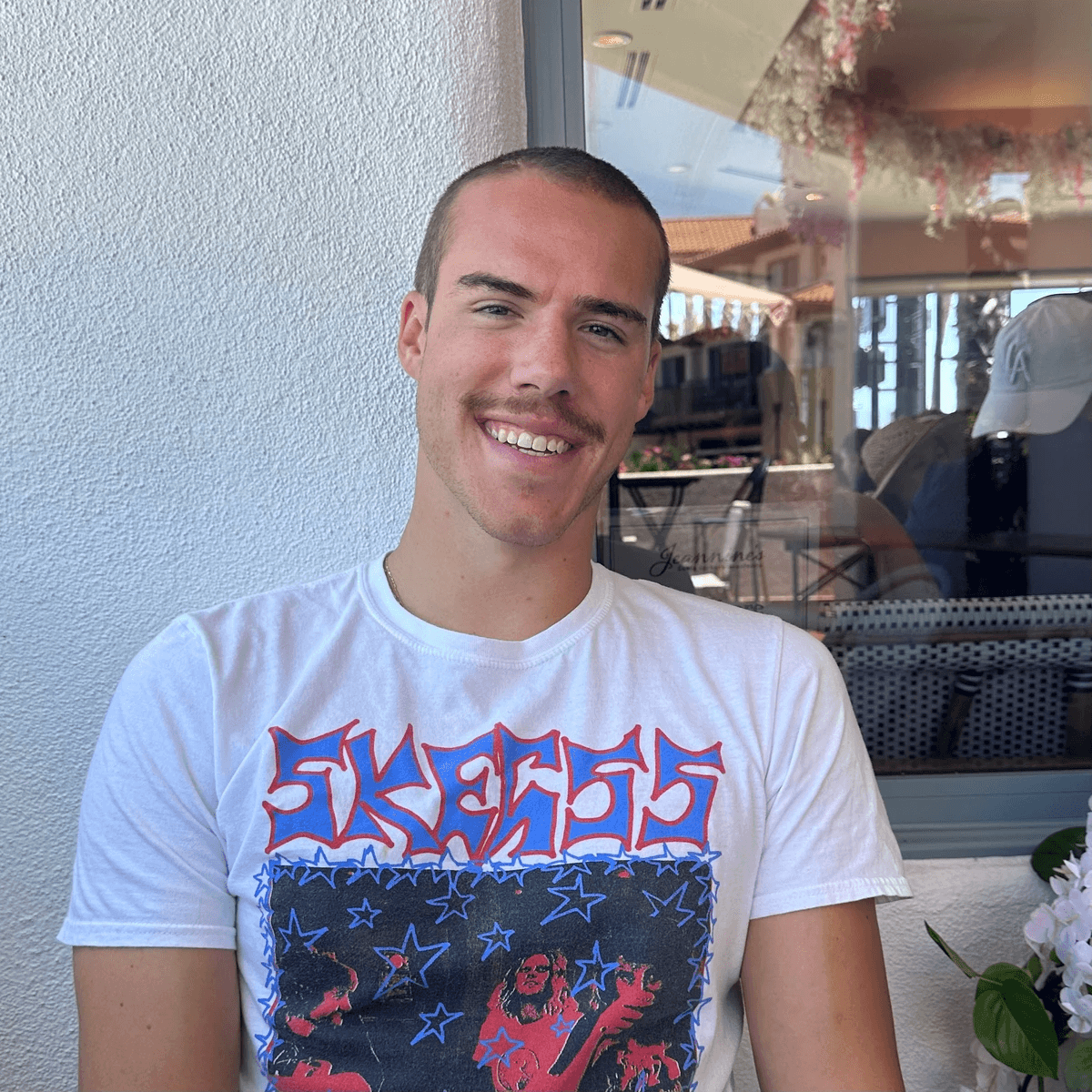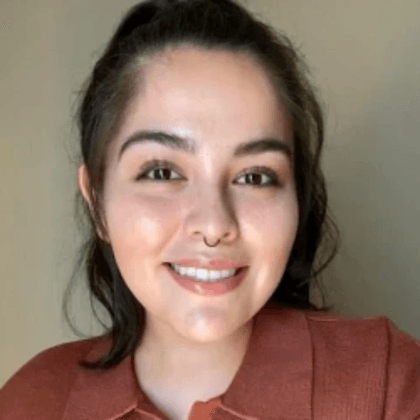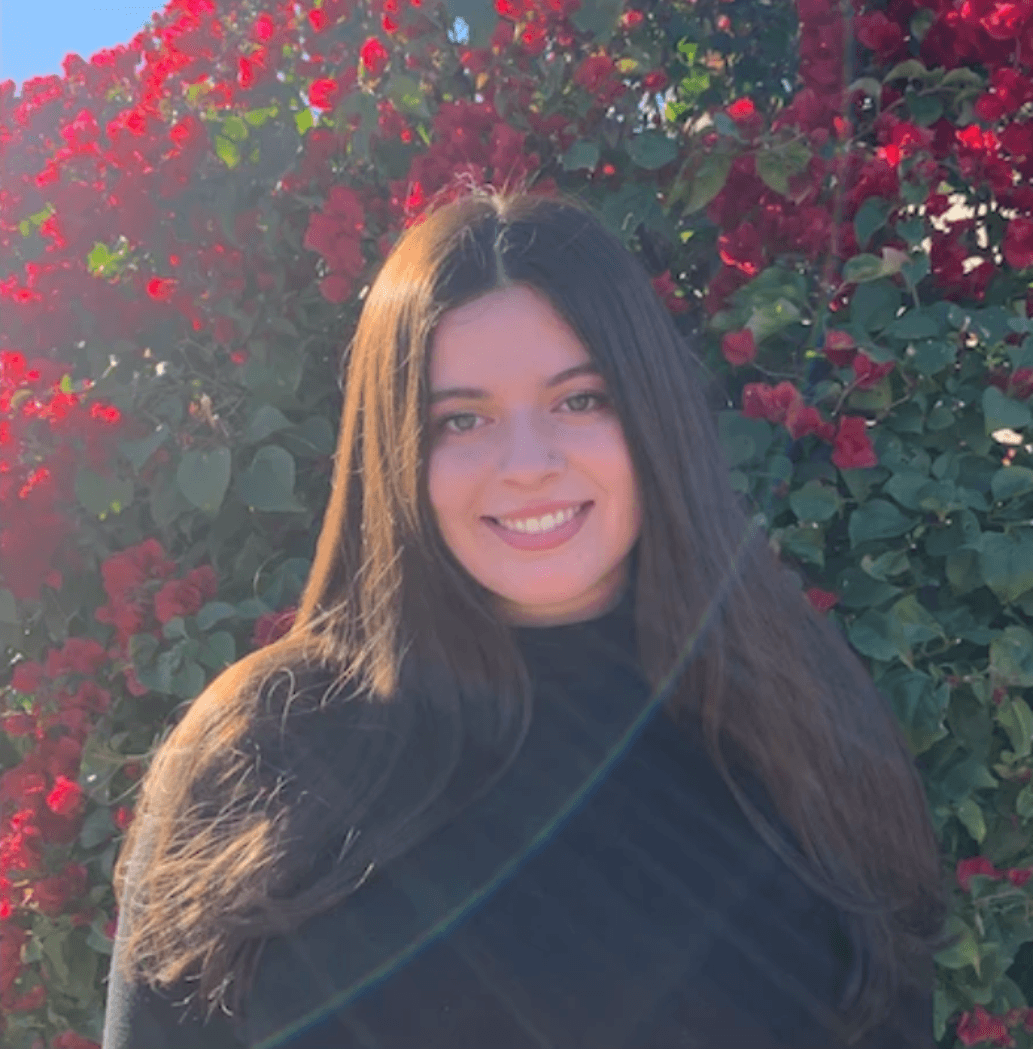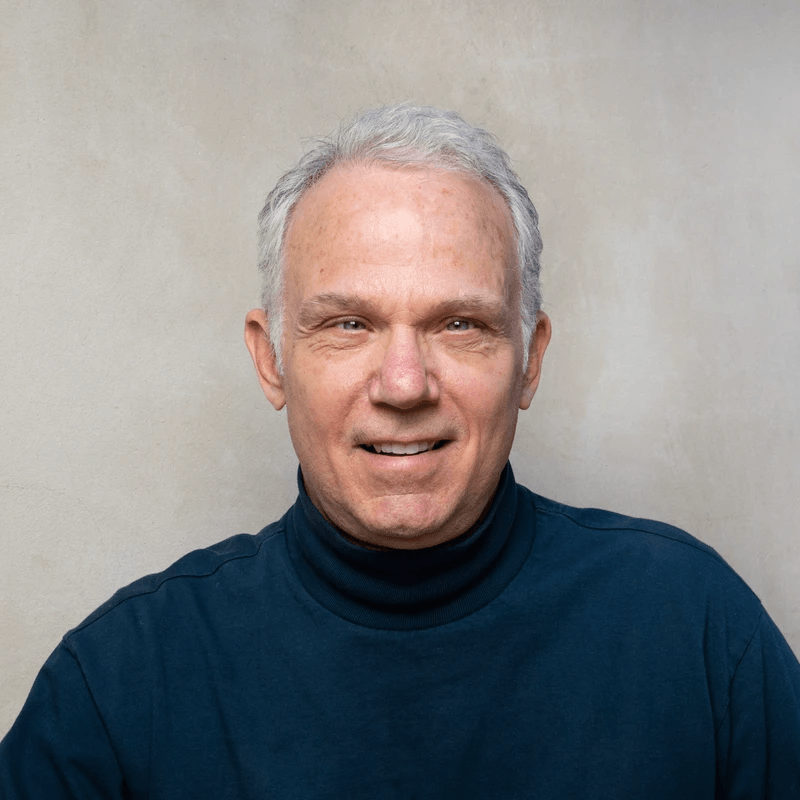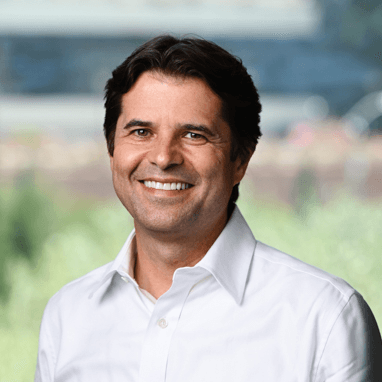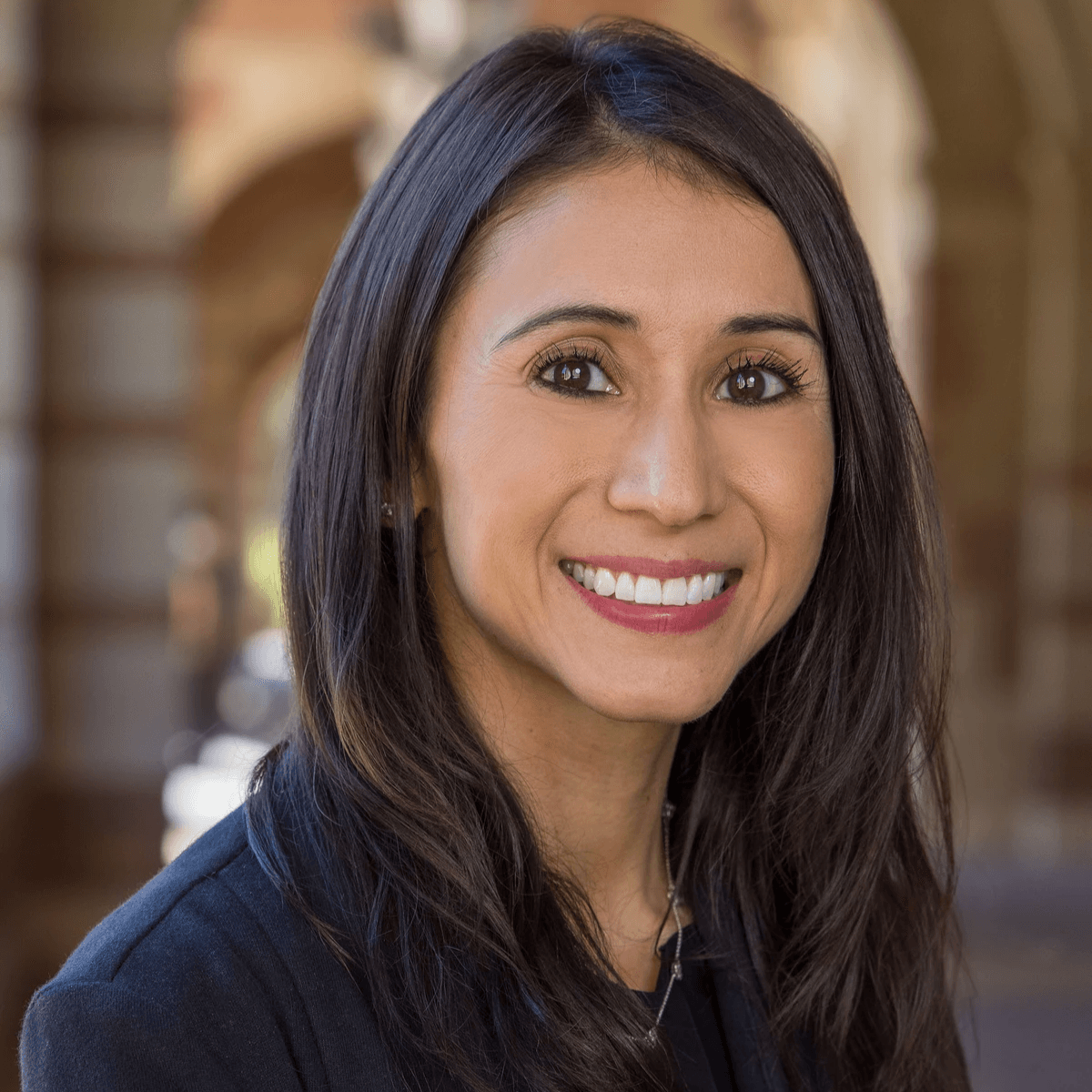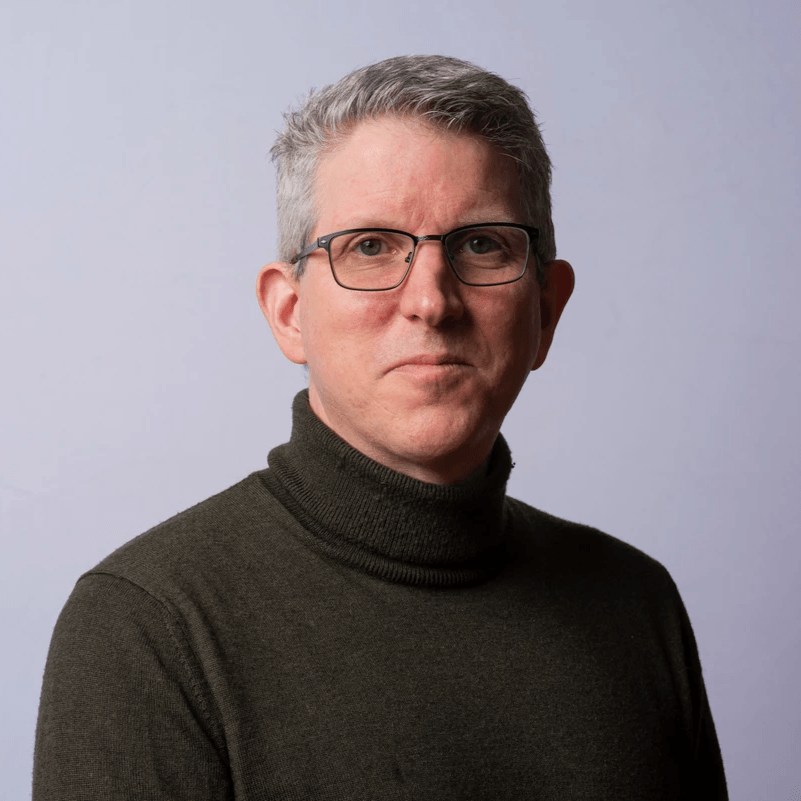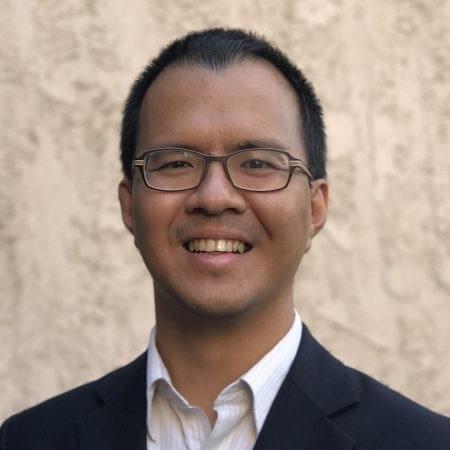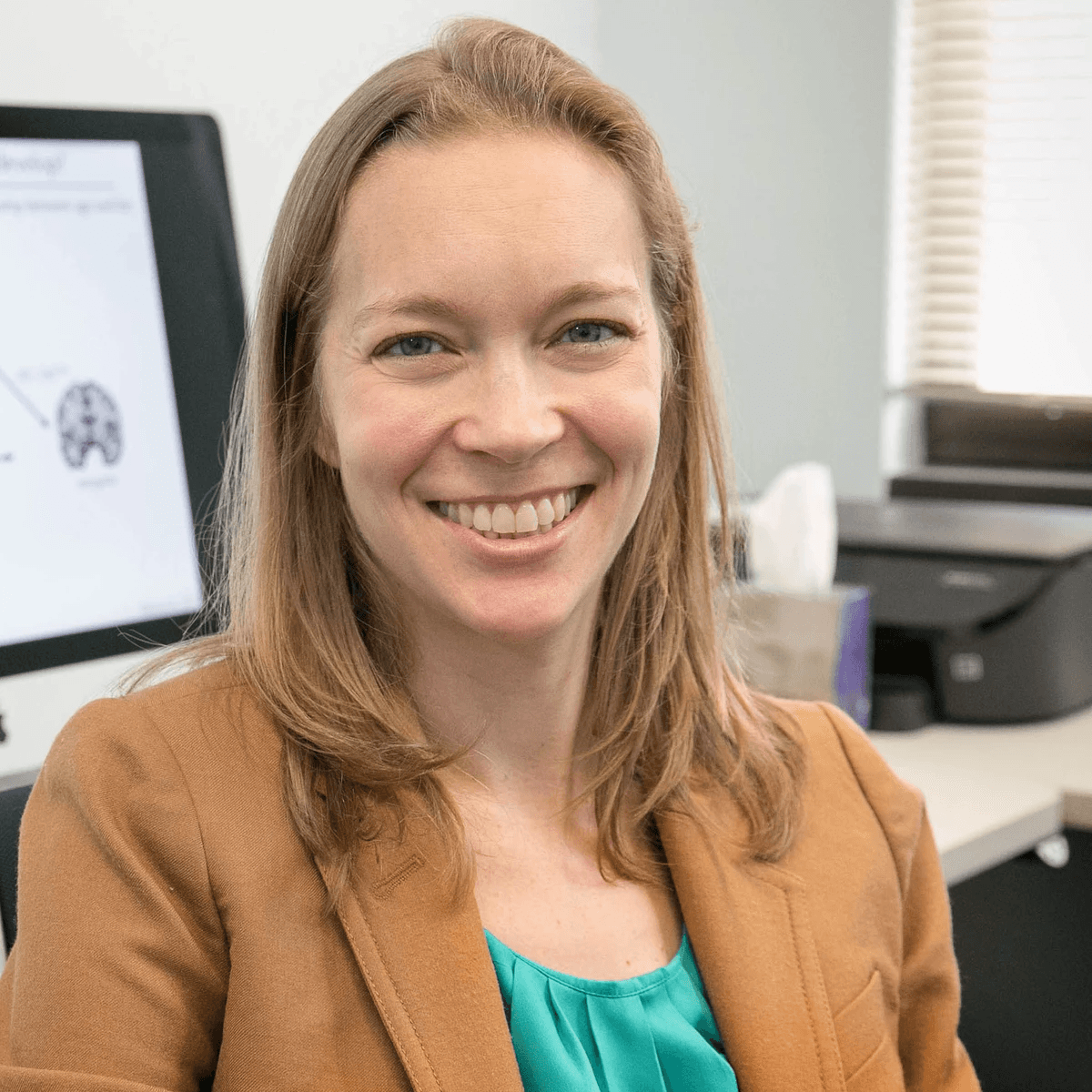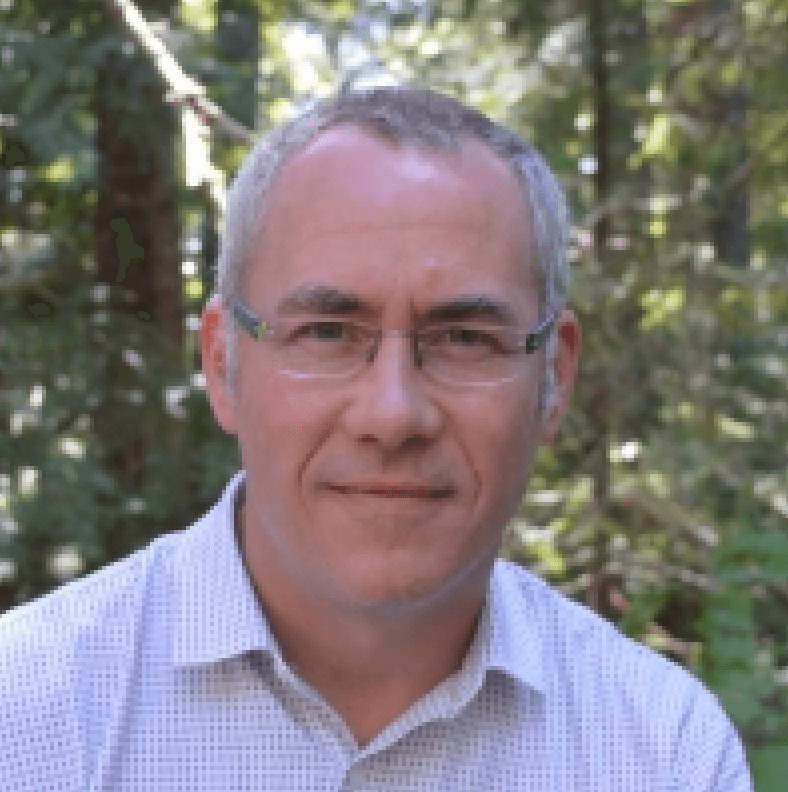


UCLA Center for Friendship Research


UCLA Center for Friendship Research

Core Team

Jaimie Arona Krems, Director
Jaimie Krems is an Associate Professor of Psychology at UCLA (Social Psychology). Krems' work leverages her interdisciplinary training—in social psychology, cognitive science, evolutionary anthropology, and animal behavior—to investigate how our social minds help us maximize the benefits and minimize the costs of our close relationships. Krems is the recipient of an ongoing NSF CAREER Award for her work on friendship. She sits on the Executive Council of the Human Behavior and Evolution (HBES) Society.
Krems is the PI of the Social Minds Lab.

Naomi Eisenberger, Co-Director
Naomi Eisenberger is a Professor of Psychology at UCLA (Social & Affective Neuroscience). Her research uses neuroimaging techniques to better understand why social relationships are critical for mental and physical health. Eisenberger's research has explored the neural underpinnings of social pain and social connection. Eisenberger also examines the bidirectional relationships between social relationships and health. She is also currently the Editor-in-Chief for the journal Emotion.
Eisenberger is the PI of Social and Affective Neuroscience Lab.

Matt Lieberman, Co-Director
Matt Lieberman is a Professor of Psychology at UCLA (Social & Affective Neuroscience). Lieberman is considered one of the founders of 'social neuroscience'. His work uses functional magnetic resonance imaging (fMRI) to examine the neural bases of social cognition. He is co-founder and chief scientist of Resonance Inc., which uses artificial intelligence to help members of large communities (e.g. college students, companies, neighborhoods) find new deeper connections.
Lieberman is the PI of Social Cognitive Neuroscience Lab.

Carolyn Parkinson, Co-Director
Carolyn Parkinson is an Associate Professor of Psychology and the Barnice Wenzell and Wendell Jeffrey Term Endowed Chair in Cognitive Neurosicence at UCLA (Social & Affective Neuroscience). Her work integrates theory and methods from cognitive neuroscience and social psychology with computational techniques to explore how the human brain represents, navigates, and shapes its social environment.
Parkinson is the PI of the Computational Social Neuroscience Lab.

Victor Kaufman, Co-Director
Victor Kaufman is a former graduate student and current Research Scientist of the UCLA Marriage and Close Relationships Lab. He received a master's degree in Psychology from Pepperdine University in 2015 and a Ph.D. in Social Psychology at UCLA in 2020. He primarily studies adult friendship and how close relationship processes uniquely affect well-being. He is also interested in psychometrics and how its application can aid our measurement of various phenomena in close relationships.
Postdoctoral Scholars, Graduate Students, + Staff

Alisa Bedrov
Alisa Bedrov is a Postdoctoral Research Fellow in the Happiness & Social Well-Being Lab, affiliated with the UCLA Marriage and
Close Relationships Lab. She earned her Ph.D. in Social Psychology from UC Santa Barbara in 2024. Her research focuses on how people build trust and intimacy in close relationships through self-disclosure and information-sharing. She is specifically interested in how people keep and share different types of secrets and gossip behavior, especially in the context of social networks and navigating multiple relationships (e.g., best friends, romantic partners, coworkers).

Flora Blandl
Flora is a graduate student focusing on how social relationships impact well-being. She is interested in the psychologicaland physiological outcomes related to perceived social support, and how the source (i.e. friends, family) and degree to which one feels supported affect their mental and physical health. Currently, she is exploring the relationship between loneliness and inflammation in the body. Before UCLA, Flora attended The OhioState University. Since moving back to California, Flora has enjoyed walking her dog, skating and swimming at the beach, and using good weather as an excuse to get ice cream.

Bear Goldstein
Bear Goldstein is a graduate student studying the neuroscience of teams. He is interested in how teamwork allows us to not only achieve beyond our individual capabilities but also forge meaningful interpersonal connections. Specifically, Bear uses mobile and motion-tolerant neuroimaging to explore the neural and behavioral responses of teams in real-time while also maintaining naturalistic interaction. Through a social-neuroscientific approach to teamwork, Bear aims to shed light on the underpinnings of positive team dynamics and the ways in which we may improve team outcomes, including creativity, cohesiveness, and collective success.

Hyewon Hong
Hyewon Hong is graduate student in Psychology at UCLA. He studies
friendships broadly, but is specifically interested in the formation, maintenance, and related outcomes of adult friendships. I.e.: What makes someone a high-quality friend, what are the physical and
psychological benefits of surrounding ourselves with these
high-quality friendships, and how can we encourage the development and maintenance of more good friendships.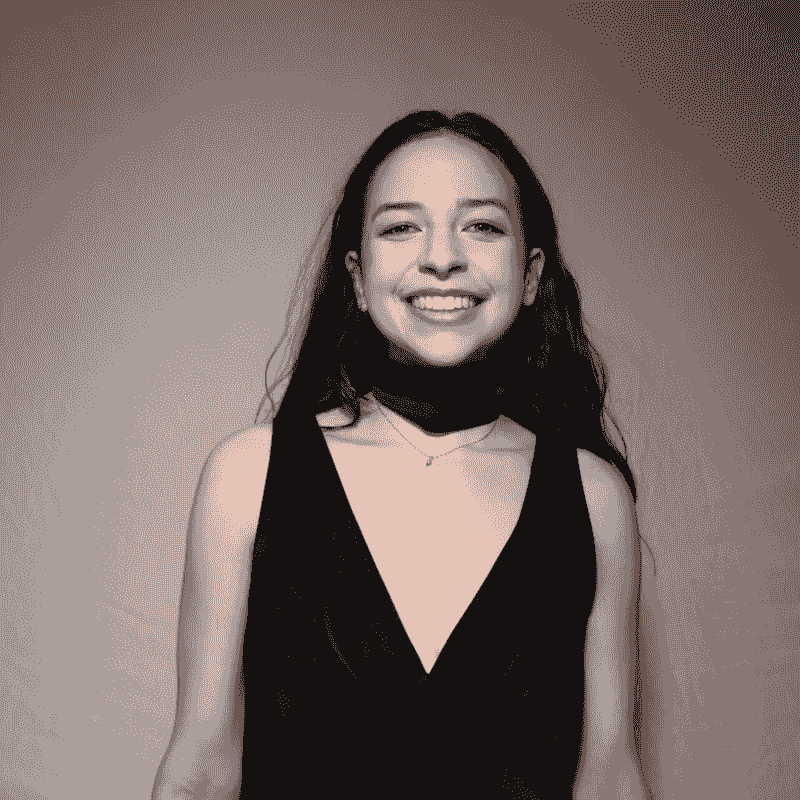
Ashley Humpries
Ashley is a first-year graduate student in the lab. She graduated from the University of Texas at Austin with a degree in Neuroscience, and a certificate in Evidence & Inquiry. She wants to study the cognitive processes behind social connections (including friendships, parasocial relationships) and how they support our self-development, emotions, and well-being, using computational and neuroimaging methods.

Grace Miao
Grace Qiyuan Miao is a graduate student in the Department of Communication at UCLA. Her research delves into the multimodal dynamics of interactions—including conversations, eye movements, body language, and neurocognitive processes—to understand how people communicate, connect, and form friendships.

Maria Naclerio
Maria is a graduate student in the Social Affective Neuroscience Lab. She is interested in social connection, prosocial behavior, and self-transcendent emotions such as awe. In particular, she is curious about how shifting focus from the self to others influences well-being and social relationships.

Russell Noble
Russell is a gradaute student in the Social Affective Neuroscience Lab led by Dr. Naomi Eisenberger. His primary research interest centers on prosocial behaviors, specifically the underlying neural mechanisms that support and reward doing good for others. In the center, Russell is interested in questions such as how we choose to maintain friendships and the neural basis of the benefits that we get from close friendships.

David Pinsoff
David received his PhD from UCLA in 2018, where he studied psychology and biological anthropology. David's research focuses on political attitudes, mating strategies, signaling theory, the psychology of status, public opinion, mathematical models of alliance formation, and the origins of political belief systems.
He writes for a popular audience at everythingisbullshit.substack.com

Nina Rodriguez
Nina N. Rodriguez is a graduate student in the social psychology program at UCLA. Her primary research interest investigates how individuals who lack traditional features of formidability (i.e., strength, social power) bargain with others for better treatment. Her work also touches on underexplored aspects of women’s status, leadership, and aggression. Her interests in friendship focus on two broad lines of questions: What behaviors and emotions are deployed when people encounter conflicts in their close relationships/friendships and what, if any, are the stereotypes/stigma associated with individuals who are friend-less?

Lisa Shen
Lisa is a graduate student in the Computational Social Neuroscience Lab at UCLA. She is interested in studying social neuroscience in the context of social networks. Specifically, she wants to investigate how individual differences in social network positions shape and are a result of interindividual variability in socio-behavioral tendencies (e.g., need-to-belong and trait-level curiosity) and underlying sociocognitive processes. One research question about friendship that she is exploring is whether neural similarity to naturalistic stimuli leads to or is a consequence of friendship.
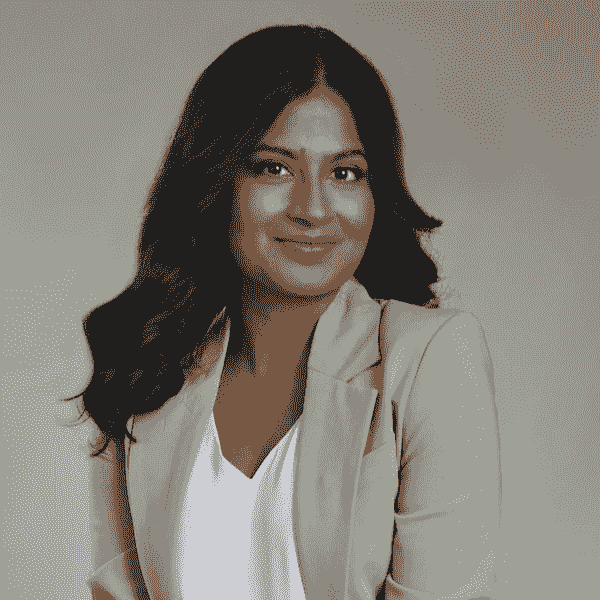
Hasagani Tissera
Hasagani Tissera (she/her) is a Postdoctoral Research Fellow in the Happiness & Social Well-Being Lab, affiliated with the UCLA Marriage and Close Relationships Lab. She earned her Ph.D. in Experimental Social Psychology from McGill University. Her research explores how people perceive themselves and others in close relationships and first impressions, with a focus on how accuracy and bias in these perceptions shape well-being and social connection.

Ava Trimble
Ava is a graduate student in the Adolescent Development Lab. She is interested in how adolescents’ interpersonal relationships (romantic relationships, friendships) contribute to their psychosocial developmental trajectories and well-being. Her research also aims to examine the influence of diverse ecological contexts on relationship processes.

Shelly Tsang
Shelly is a postdoctoral researcher in the Behavioral Decision Making group at UCLA Anderson School of Business. She received her PhD in social psychology at the University of Virginia. Her research focuses on social judgment and decision making, particularly how people think about if their time is spent well, and how they choose whom to spend it with. One avenue of her research is applying the explore-exploit tradeoff to social connection seeking to examine how people choose between exploring new ties and deepening existing ones.

Vanessa Zankich
Vanessa is a graduate student at UCLA, working with Dr. Krems. Broadly speaking, she is interested in identifying what kinds of social information people employ in order to navigate the complex challenges that characterize friendship formation, maintenance, and dissolution. Her research interests include self-disclosure, sociocultural identity, and prosocial/antisocial emotions (e.g., empathy, jealousy, envy) and behaviors (e.g., loyalty, competition, gossip).

Vanessa Zankich
Vanessa is a graduate student at UCLA, working with Dr. Krems. Broadly speaking, she is interested in identifying what kinds of social information people employ in order to navigate the complex challenges that characterize friendship formation, maintenance, and dissolution. Her research interests include self-disclosure, sociocultural identity, and prosocial/antisocial emotions (e.g., empathy, jealousy, envy) and behaviors (e.g., loyalty, competition, gossip).
Affiliated Faculty

Thomas Bradbury
Dr. Thomas Bradbury is a Departmental Chair and Professor of Clinical Psychology at UCLA. Bradbury and his team have conducted several longitudinal studies that help explain how marriages change and how couples can keep their relationship healthy and strong. With funding from the National Institutes of Health, the National Science Foundation, and the John Templeton Foundation, Bradbury and his collaborators have published more than 140 research articles, an undergraduate textbook on intimate relationships, and three edited books. Bradbury has also been honored with several awards for his research on marriage and intimate relationships, including the Distinguished Scientific Award for Early Career Achievements from the American Psychological Association.

Rick Dale
Dr. Dale is a cognitive scientist who studies the orchestral properties of communication–from the blink of an eye to the rhythm of a voice. Ever wonder how our eye movements sync during a conversation or how body language can spotlight a disagreement? Dale uses diverse research methods, including computational modeling, analysis of naturalistic behavior, and human experimentation. Dale has used these techniques to investigate a wide range of language-related phenomena with students and collaborators: conversation, thinking in language, sentence processing, word categorization, conflict, deception and more.

Andrew Fuligni
Dr. Andrew Fuligni’s research focuses on the interaction between sociocultural experiences and biobehavioral development among adolescents from diverse ethnic, immigrant, and economic backgrounds, with a current focus on youth’s prosocial behavior, contributions to their social worlds, and sleep. For more information, go to the Adolescent Development Lab at UCLA website.
As the Co-Director of the UCLA Center for the Developing Adolescent, Dr. Fuligni also works to translate and disseminate the science of adolescence to policy-makers and practitioners to support efforts that promote the healthy development of diverse youth.

Adriana Galván
Dr. Adriana Galván is a Professor of Psychology and the Dean of Undergraduate Education at the University of California, Los Angeles. She is also the Co-Executive Director of the
UCLA Center for the Developing Adolescent. As a neuroscientist her career has been focused on adolescent brain development and how it supports milestones during this significant developmental window. Her research expertise focuses on characterizing the neural mechanisms underlying adolescent behavior to inform policies that impact young people.

Kerri Johnson
Dr. Kerri Johnson is a Professor of Communication and Associate Vice Chancellor for Faculty Development. Her research incorporates diverse methods that are at the cutting-edge of communication science. This enables her to pinpoint with unprecedented precision the visual cues that send messages to others and how these cues are utilized by perceivers. In addition to traditional tools such as surveys and experiments, she using emerging methods to shed light on interpersonal communication processes.

Ben Karney
Dr. Benjamin Karney is a Professor and Chair of Social Psychology at UCLA and an adjunct behavioral scientist at the RAND Corporation. His research examines intimate relationships, especially marriage, and focuses on how relationships are facilitated or constrained by the contexts in which they take place. Currently, he leads the Los Angeles Project on Newlywed Development (LAPOND), a longitudinal study of low-income couples, and co-directs (with Thomas Bradbury) the UCLA Marriage and Close Relationships Lab. He has twice received the National Council on Family Relation’s Reuben Hill Research and
Theory Award for outstanding family science.

Ted Robles
Dr. Robles’s research involves understanding how stress and social relationships influence health, with a focus on allostatic biological processes, which help individuals achieve physiological stability during stressful events; and restorative biological processes, which aid the individual in recovering after stressful events. Dr. Robles studies these biological processes in the context of stress, social support, and close intimate relationships across the life course.

Jennifer Silvers
Dr. Jennifer Silvers is an Associate Professor in the Department of Psychology at UCLA. She conducts research on how social relationships impact emotion, learning and decision making across the lifespan and is currently testing how friendships differentially modify brain function to facilitate emotion regulation.
Visit the Social Affective Neuroscience & Development (SAND) Lab for more information.

Steve Stroessner
Dr. Steve Stroessner is a social psychologist and Professor of Communication. He previously served as a Senior Research Scientist at Disney Research. His research examines cognitive and motivational aspects of stereotyping and prejudice, and he has published extensively on social categorization and the utilization of stereotypes in judgment. More recently, his research has examined social categorization processes in judgments of non-social entities ranging from shapes to robots.

Lisa Walsh
Lisa Walsh is an Assistant Professor of Psychology at Nanyang Technical University in Singapore. She was a Postdoctoral Research Associate in the UCLA Marriage and Close Relationships Lab and completed her Ph.D. in Social/Personality Psychology at the University of California, Riverside under the mentorship of Dr. Sonja Lyubomirsky. In broadest terms, her work aims to investigate the links between interpersonal relationships (with friends, family, and romantic partners) and well-being, as well as understand the effects of positive social behaviors (e.g., expressing gratitude, doing acts of kindness).
Learn more about Lisa here.

